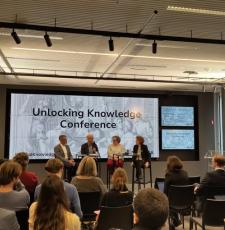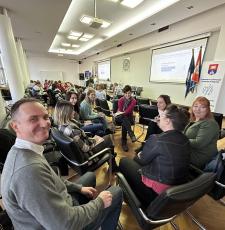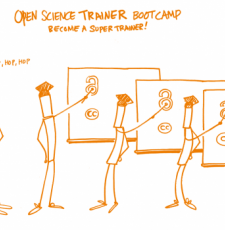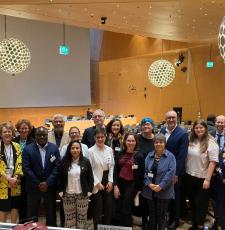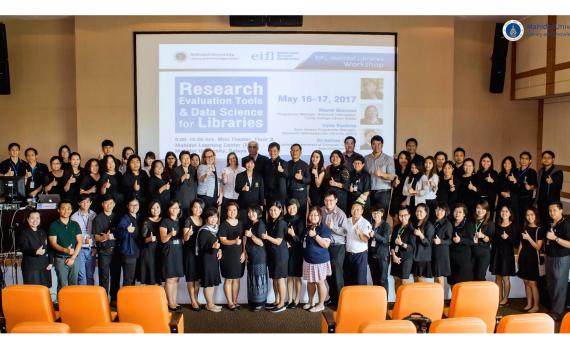
Open scholarship is growing in importance as a way of ensuring that there is global participation in research, improved quality and efficiency of education and science, and faster economic and social progress.
Over the next two years, the EIFL Open Access Programme will support open scholarship by focusing on four key areas: open access policies, open science training for early career researchers, sustainable open access journals and repositories, and Open Educational Resources.
Building on successes and learning from experience gained from 15 years of supporting open access (OA) in collaboration with our global network of partners, we are ready to go!
Effective institutional, funder and national OA policies
Right now, there are 120 OA policies/mandates in EIFL partner countries. We believe we can do better. We will support more institutions, research funders and government agencies to develop OA policies/mandates. And we will continue to support improvements to existing OA policies/mandates, to make them even more effective.
Successful OA policies link deposit of research output in repositories with research assessment/performance evaluation procedures. We’ve already launched discussions in Senegal and Thailand on new approaches to research assessment and evaluation. And we will keep the conversation going in these and other EIFL partner countries, collecting recommendations on what else is needed to have reliable and consistent new open metrics.
OA, open data and open science training for early career researchers
Embedding OA, open data and open science in early career researchers’ training is our strategy for achieving the vision ‘open by default’. This is why we are partners in the FOSTER (Facilitating Open Science Training for European Research) project. FOSTER focuses on the practical implementation of open science. Over the next year, FOSTER project partners from all over Europe will collaborate to create training and e-learning opportunities to build OA, open data and open science capacity and skills. FOSTER targets academic staff, early career researchers and policy-makers.
In EIFL partner countries we’ve seen the success of EIFL pilot projects started in 2017, which included open science train-the-trainer activities in Ghana, Ethiopia, Nepal, Tanzania and Zimbabwe, and embedding Research Data Management training in the largest technical university in the Baltic states - Kaunas Technical University.
We’ve learnt from the training - what works and what doesn’t - and we will keep providing support for training for early career researchers in the EIFL network.
Sustainable OA journals and repositories
‘Are we up to date with the latest developments?’ is a common worry among editors of the over 4,000 OA journals and the managers of over 1,000 repositories in our network. We will share good practice examples for OA journals and repositories, and provide information and support to editors.
We will explore options for sustainable OA publishing business models, and ways of enhancing OA publishing platforms. And we will promote the development of the next generation repositories, with new functionalities and new technologies, as a part of the OpenAIRE project.
Open Educational Resources
Working with libraries in EIFL partner countries we will build awareness and encourage the adoption and local customization (e.g. translation) of Open Educational Resources, such as open textbooks and other open educational materials. Open education will be a rather new area for us, but we believe in synergies between the open movements and we will be learning from the others as we go.
We look forward to working with you all over the next two years!
SHARE / PRINT






